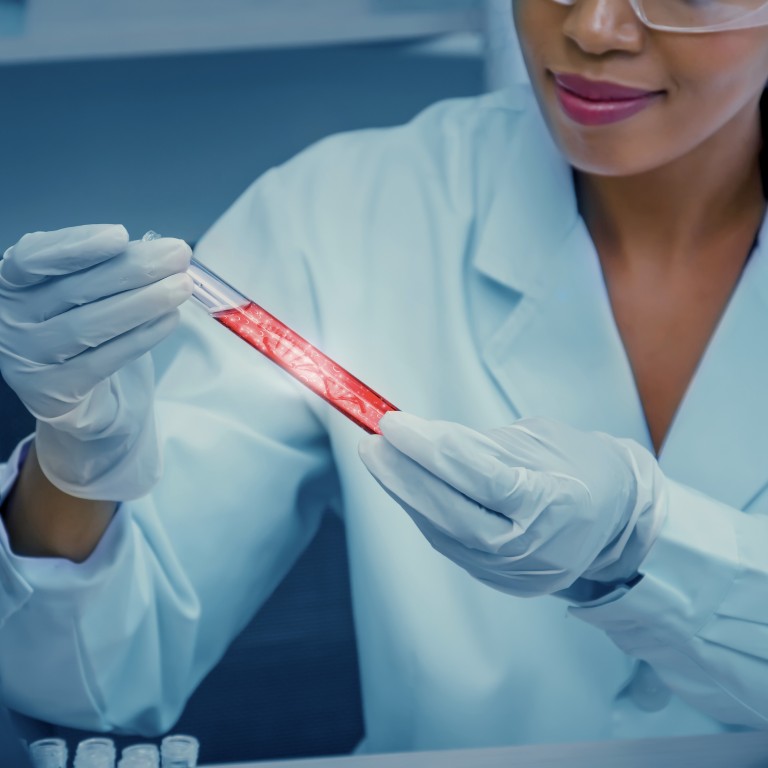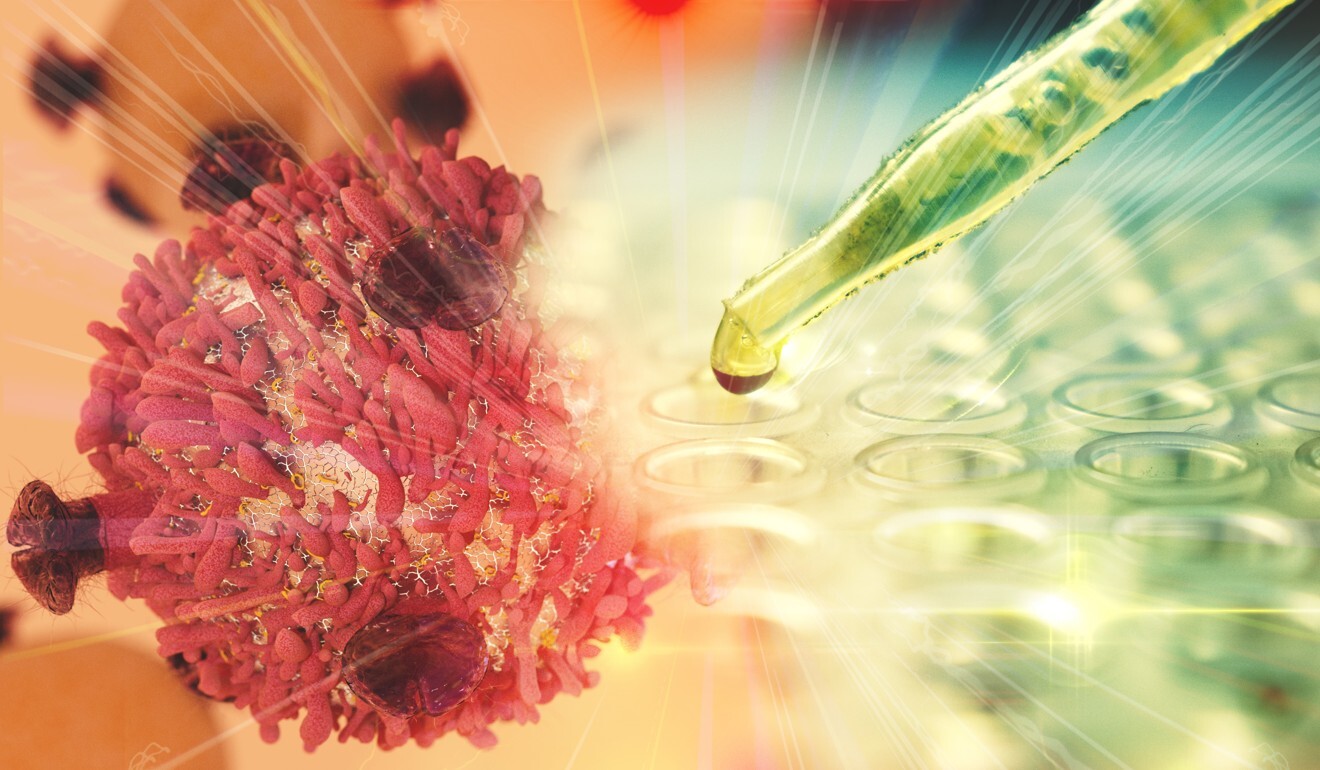
One in eight cancer patients has inherited genetic mutations, allowing for tailored treatments
- Genetic testing on cancer patients has uncovered previously hidden inherited cancer causing mutations
- This knowledge will help with targeted therapies as well as protect family members
Genetic testing can uncover inherited genetic mutations, and could individualise cancer therapies, improve survival, protect their loved ones and push the boundaries of precision medicine.
In a new study published in JAMA Oncology, scientists with Mayo Clinic’s Centre for Individualised Medicine conducted genetic testing on more than 3,000 patients who were diagnosed with cancer at Mayo Clinic Cancer Centre locations in the US states of Arizona, Florida and Minnesota. In all, the scientists found that one in eight patients with cancer had an inherited cancer-related gene mutation. This mutation would not have been detected in half of these patients using a standard guideline-based approach.
“We found that 13.5 per cent of patients had an inherited mutation in a gene associated with the development of their cancer,” says the study’s author Dr Niloy Jewel Samadder, a Mayo Clinic gastroenterologist and hepatologist.

Samadder says uncovering these hidden inherited genetic mutations could lead to opportunities for cancer management in families and targeted cancer therapies that can save lives.
Using a DNA test to check for disease risk? Doctors alarmed
The researchers were surprised to find that the standard guidelines physicians relied on to determine which patients with cancer should undergo genetic testing were only able to identify 48 per cent of the patients with an inherited genetic mutation.
“More than half of the patients who developed cancer due to inherited mutations were being missed, and that has major implications for family members,” Samadder says.
We can help prevent cancer in their loved ones because it is genetic, and they share these cancer-causing genetic changes with their children, siblings and others in their families
During the study, when the researchers examined the effects of a genetic mutation discovery, they found that one-third of the patients with the highest-risk cancer genes had a change in their medical management, including the type of surgery or chemotherapy they received.
“This targeted treatment would have been lost if patients had not received genetic testing,” Samadder said.
“Genetic testing is underutilised in cancer care, both for patients and for their families, often due to outdated guidelines that restrict testing to a narrow group of high-risk patients,” says Dr Robert Nussbaum, chief medical officer of genetic information company Invitae based in California. “All cancer patients should have access to complete genetic information that can guide their care and inform their families’ health.” Nussbaum was a contributing author on the study.
DNA testing: forget about your past, what’s in your future?
Samadder says equally important to the discovery of a patient’s inherited cancer mutation is the potential for patients to share the heritable cause of their disease with their relatives, allowing family members to pursue care for earlier disease detection and cancer management.
“We can help prevent cancer in their loved ones because it is genetic, and they share these cancer-causing genetic changes with their children, siblings and others in their families,” Samadder says. “We can target prevention strategies for those high-risk individuals and hopefully prevent cancer altogether in future generations of their family.”
All blood-related family members of patients found to have a genetic mutation were offered free genetic testing. Overall, one in five of these family members underwent testing. The next steps will be to incorporate the study findings into the care of all patients with cancer at Mayo Clinic.

“Steps are being taken to ensure all patients are offered genomic sequencing to better understand the genes that led to the development of their cancer, and how to precisely target treatment and improve survival,” Samadder says.

